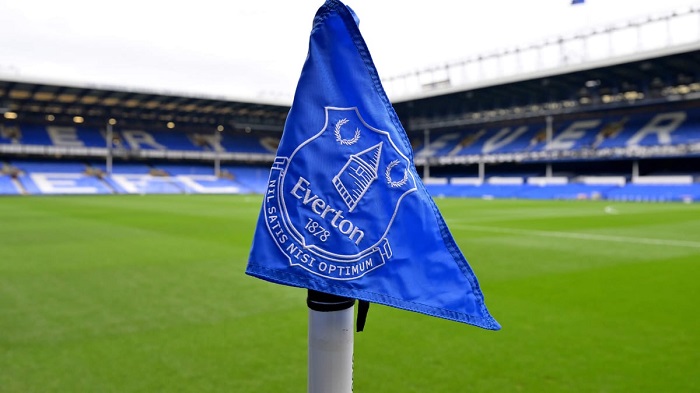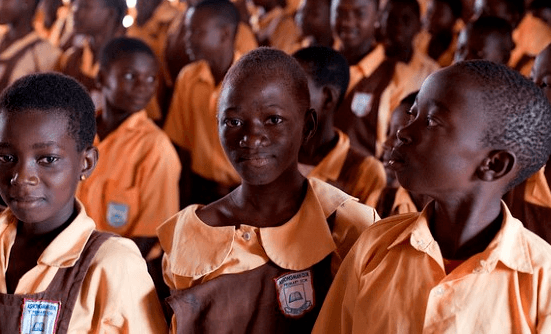
The Vice-Chancellor of the Sunyani Technical University, Ing. Prof. Kwadwo Adinkrah-Appiah has advocated for the reinstatement of corporal punishment in schools.
He attributes the increasing rate of student indiscipline to the Ghana Education Service’s 2017 ban on all forms of corporal punishment.
Speaking during the Sunyani Senior High School’s 63rd Speech and Prize-Giving Day, Prof. Adinkrah-Appiah expressed concerns over the lack of discipline in numerous schools nationwide, citing its link to unchecked deviant behaviors such as smoking, alcoholism, armed robbery, and hooliganism among students.
“The current situation is not helping very much because when the government took away or withdrew corporal punishment from school system, there has been laxity in the system. And the children may do anything and go scot-free. So I believe that government should look at corporal punishment again. I’m sure many people have mentioned it in the past.
“But government needs to reconsider its decision on corporal punishment and bring it back but monitor it that it should become the last resort. Bad characters are due to peer pressure. How do we monitor and guide the children in school before they complete,” The Vice-Chancellor of the Sunyani Technical University queried.
The Ghana Education Service in 2019 (GES) issued a directive, banning teachers from caning their students.
The GES’ ban on corporal punishment which is mostly caning in primary and secondary schools ordered all schools to adopt a new disciplinary toolkit together with alternative sanctions as measures for correcting pupils and students in schools.
The toolkit indicated that “apart from the physical pain corporal punishment inflicts on children, this approach also causes significant emotional damage. Some of the lasting effects of this method of disciplining school children include physical scars, emotional scars (trauma, fear, timidity etc.) and violent behaviour.”
Ghanaians and major stakeholders in the education sector expressed mixed reaction over the subject which gained national interest over its pros and cons.
‘Save yourself from trouble, don’t flout GES’ ban – NAGRAT advises members
The National Association of Graduate Teachers (NAGRAT) asked it members not to go contrary to the Ghana Education Service’s (GES) directive that bans them from caning their students.
According to the association, a strict adherence to the order will be in their interest and save them from any punitive measure the service is likely to take against them.
President of NAGRAT, Angel Carbonu who believes using corporal punishment to discipline the child is the way to go, advised teachers to be mindful of whatever sanction the GES will take against them in default.
“In the new code of conduct for teachers, it is stated clearly that when a teacher beats a student, the teacher will be arraigned before the disciplinary committee depending on the gravity of situation. Therefore, I call on my teachers that as we speak today, there is a ban on corporal punishment. If you are a Maths or English teacher, go to the school and teach, carry your books and move out so that you will not be arraigned before a court that you have battered their child so that you are saved.”
Ban on caning will break down discipline in schools – Methodist Bishop warns
Ghana risks a total breakdown of discipline in schools and within the larger Ghanaian society, if the Ghana Education Service, GES, continues to relax caning, otherwise known as corporal punishment in schools.
That’s according to Rt. Rev. Samuel K. Osabutey, Diocesan Bishop of Accra, Methodist Church, Ghana.
Rt. Rev. Samuel Osabutey said placing a total ban on caning will be counterproductive, and will have dire consequences on general discipline among students.
“Change for the sake of change does not do anybody any good. I don’t think that in those days when the people were being caned, they were being abused; because there were rules and regulations within which people had to be caned.
The GES must be careful and not just give a blanket instruction. I don’t know what pertains now, but in an older document for teachers when teachers used to cane, there were specific rules on caning; the caning was commensurate to the offense.”
The post Bring back corporal punishment in schools – Prof. Adinkrah-Appiah appeared first on Citinewsroom - Comprehensive News in Ghana.
Read Full Story





















Facebook
Twitter
Pinterest
Instagram
Google+
YouTube
LinkedIn
RSS